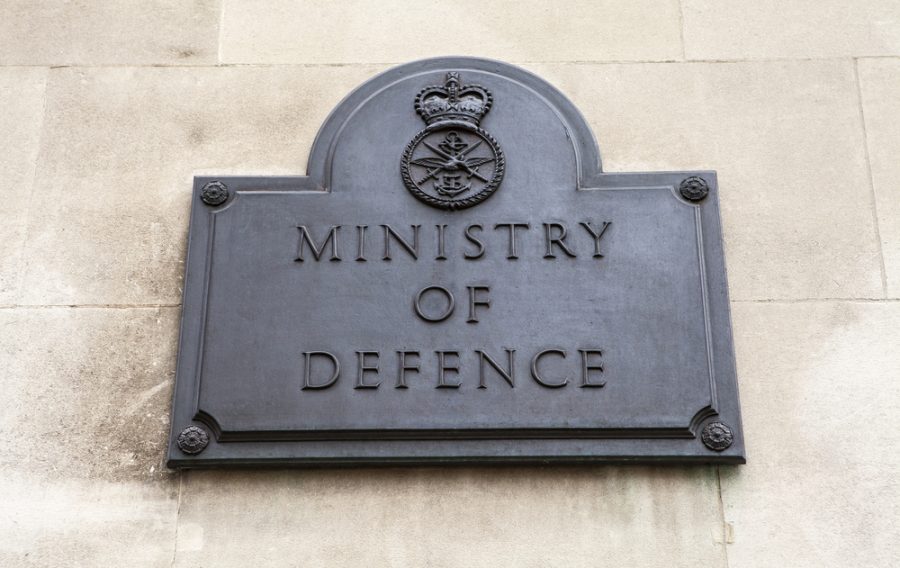
The House of Commons has released its insight into how Defence should be done in the 2020s ahead of the Strategic Defence and Security Review (SDSR).
The new insight from the House of Commons puts forward a recommendation of what the 2020 SDSR should include. The Defence Secretary will have to get to grips with an “unaffordable” equipment plan, whilst ensuring the services remain an attractive career option for new and serving personnel alike.
Proposals to provide legal protections to serving personnel and veterans are likely to attract considerable attention. Uncertainty over Brexit and the timing of the next spending review may delay the next SDSR.
The MOD spent £38billion on defence in 2018/2019 and committed to spending 2% of GDP on defence, under NATO guidelines. A significant proportion of that money goes on equipment: over the next 10 years the MOD will allocate more than 40% of its total budget to equipment and support programmes.
Retaining personnel is also a concern. The MOD has introduced flexible working, a Families Strategy and spousal employment support to address some of these concerns.
The MOD’s plan to reduce the defence estate by 30% by 2040 will see a number of sites and bases close over the next decade. The first Veterans’ Strategy was published in 2018, and in 2019 Boris Johnson created a new Office for Veteran Affairs in the Cabinet Office shortly after taking office.
The UK will continue to have sovereignty over its defence policy and the armed forces after Brexit. How defence co-operation with the EU develops will be informed by the manner in which the UK leaves.
If you would like to join our community and read more articles like this then please click here.
Budget Equipment EU House of Commons Research Library MOD recruitment SDSR 2020








